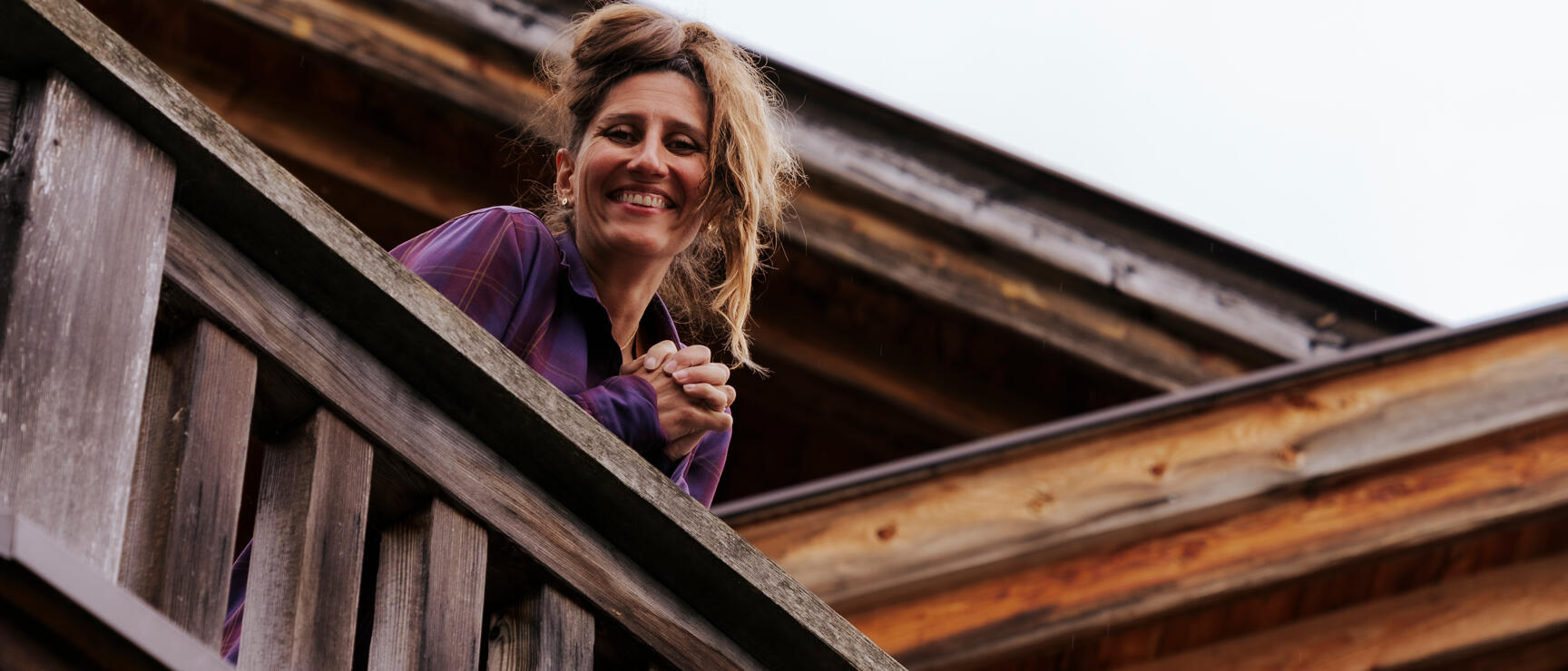
Holidays on an Alpine Pasture
Re-discover Alpine lifestyle
In Austria, around 8,400 Alpine pastures are still actively farmed, offering huge variety: from herb pastures and cheese pastures to cattle, sheep and horse pastures. From spring to autumn, you can experience life in the mountain air. Most pastures are farmed between May and September.
As dusk falls and the cool evening air sets in, you’ll quickly notice what’s missing: light pollution and noise. The stars shine as brightly and clearly as nowhere else below. The quiet becomes as tangible as the deepening night. Silence wraps around you, and sleep up here in the mountains is unusually deep and restful.
The most beautiful Alpine pasture regions in Austria
Overnight stays on Alpine pastures
Here you’ll find Alpine hut holidays in Austria – from simple self-catering huts and mountain farms to comfortable holiday homes and premium huts.
Why is an Alpine pasture holiday so good for you?
Staying in self-catering huts
Immerse yourselves in simple living – with a wood-burning stove, creaking floorboards and mountain views. Here you’ll find rustic self-catering huts for your hut holiday in Tirol.